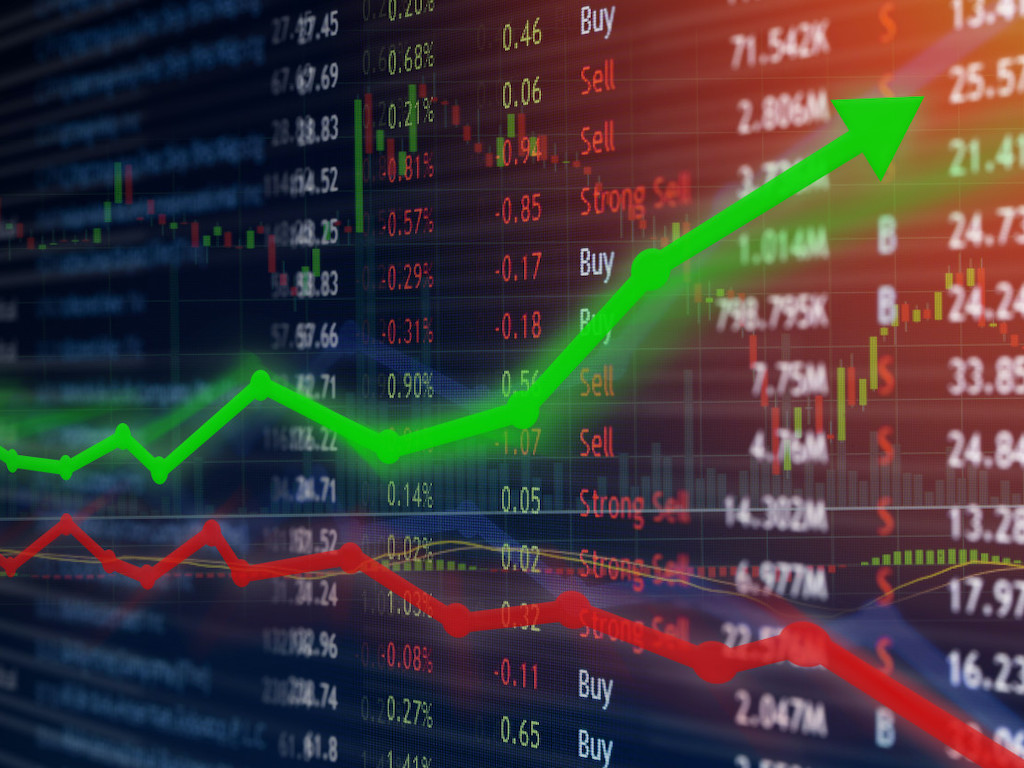3 Mins Read
One year ago, Beyond Investing launched the world’s first cruelty-free and climate-forward exchange-traded fund (ETF), the US Vegan Climate ETF, on the New York Stock Exchange under the ticker VEGN. Now, one year later, VEGN stands strong and has proven that climate-conscious investing isn’t just ethical, but it’s profitable too.
Since its inception, VEGN has returned 27.69% total return on market price against the S&P500 Index’s 19.75% through to August 31 this year. VEGN’s performance was particularly strong in August, despite the economic volatility caused by the coronavirus pandemic, outstripping the S&P by 2.12% on the same basis.
“Seen initially as being a viable investment option for vegans and empaths, in the last year, VEGN’s performance has shown that investing for a kinder, cleaner, healthier world can be a sensible financial choice for many investors,” said Beyond Investing in a press release.
Of the growing pool of socially responsible funds, the US Vegan Climate ETF is the first of its kind in the world that places stringent standards to exclude any stocks from the S&P500 whose activities are incompatible with a vegan and climate-conscious investment approach. It avoids investing in companies whose businesses rely on animal derived products, animal testing, fossil fuel use and plastic and agrochemical use.
Seen initially as being a viable investment option for vegans and empaths, in the last year, VEGN’s performance has shown that investing for a kinder, cleaner, healthier world can be a sensible financial choice for many investors.
Beyond Investing
By doing so, the environmental footprint of VEGN is far smaller than traditional stocks. While the broader S&P500 Index stocks account for around 129.67 tons of waste per US$1 million of revenue, those in the VEGN contribute only 5.04 tons.
Against the backdrop of the coronavirus crisis, which has ignited a global awakening in terms of the need to prioritise planetary health, the vulnerability of carbon-intensive industries such as fossil fuels and the dangers of the meat supply chain, the screening standards imposed by VEGN means that the ETF has managed to steer clear of some of the worst sectors impacted by the pandemic.
According to Beyond Investing, avoiding animal exploitation delivered 31% of its outperformance, while excluding fossil fuel and other environmentally-damaging industries provided 49%. The remaining 19% came from avoiding companies that are involved in weapons manufacturing.
We’re thrilled that more and more investors are switching out of index funds, rooted in the profits of past destruction, towards our more sustainable alternative.
Claire Smith, Beyond Investing CEO
Other sustainability-focused funds have also fared better than traditional funds. Recent statistics obtained by global research firm Morningstar shows that environmentally sustainable funds have outperformed traditional funds across the board, matching or beating them for 10 years prior to the pandemic and during the coronavirus sell-off, providing much-desired cushioning for portfolios against the market volatility seen in recent months.
Amid rising awareness of the dual threats of coronavirus and the climate emergency and data proving the track-record for these alternative funds, interest in environmental, social and governance (ESG) focused funds are at an all time high, especially in Asia.
Speaking about the trend, Claire Smith, CEO of Beyond Investing said she is “thrilled that more and more investors are switching out of index funds, rooted in the profits of past destruction, towards our more sustainable alternative.”
Lead image courtesy of Shutterstock.




